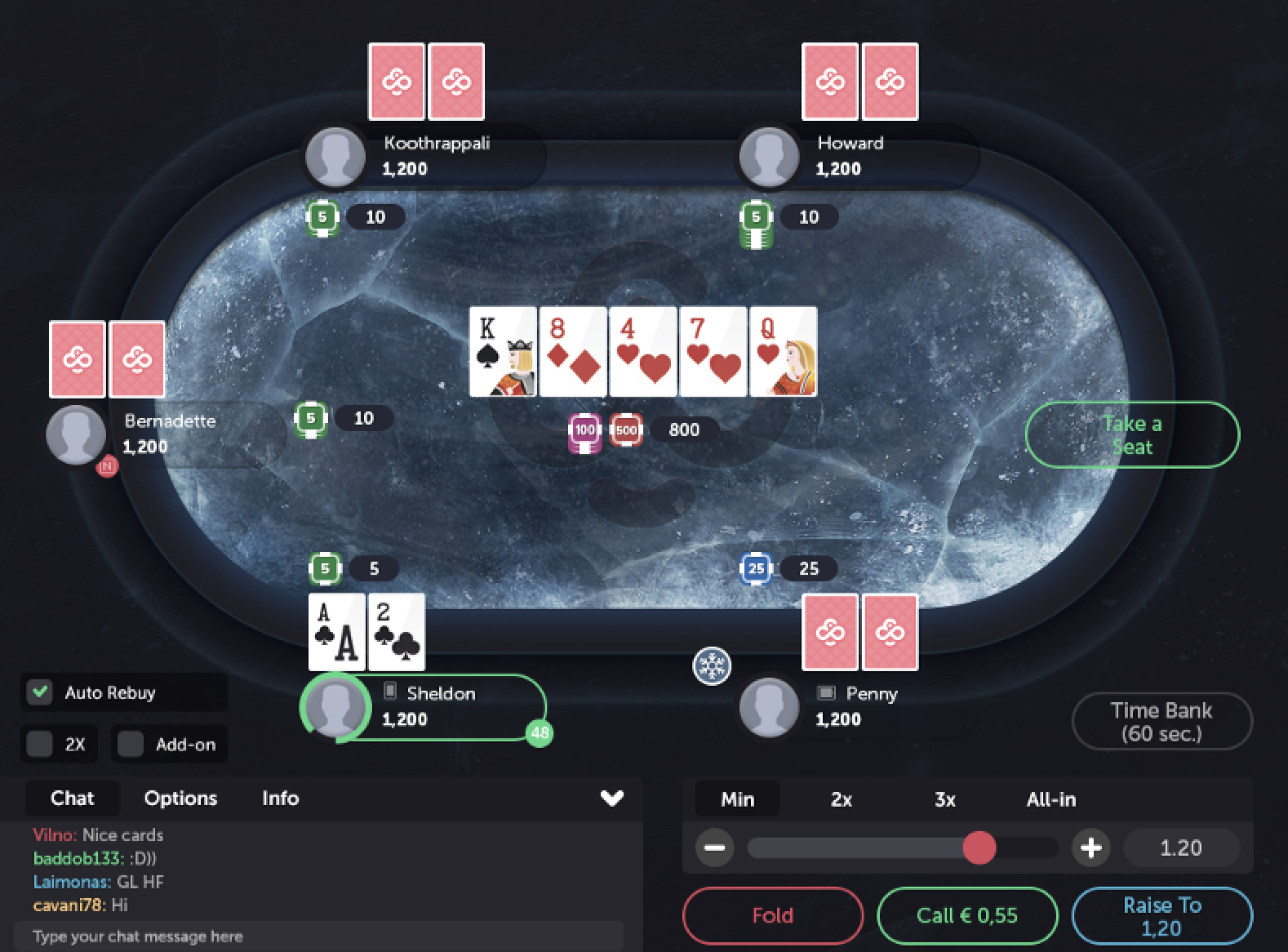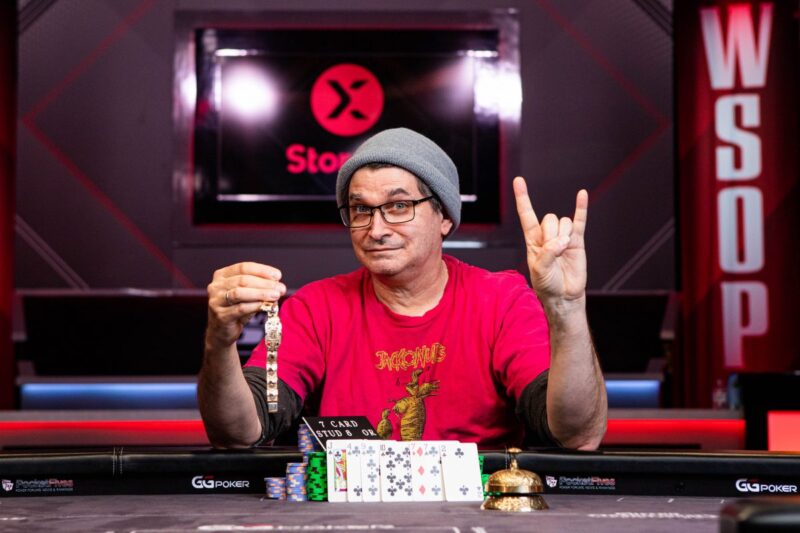“This game is rigged.”
It’s a statement every online poker player has seen in the chat box at some point. And now, one online operator is offering a reward for anyone who can prove that its shuffling software is indeed “rigged.”

CoinPoker, a cryptocurrency-based online poker site launched last year, is doing something that no poker operator has done before – it’s releasing the source code for the random number generator (RNG) used to power its card-shuffling software.
Until now, the code for any site’s RNG has remained top secret, leading many to wonder whether the cards are really dealt in a random fashion, as claimed. That lack of transparency has likely kept more than a few people away form the virtual felt over the years.
But now, in an effort to increase trust and build the best RNG possible (and yes, probably in a bid for some publicity, too) CoinPoker is not only releasing its source code, but it’s offering a reward for anyone who can disprove it.
🚨DECENTRALIZED CARD SHUFFLING IS HERE🚨
Starting today all players have the opportunity to view undealt cards, prove fairness and participate in the world's first decentralized and 100% transparent RNG.
All the info you need to use this new technologyhttps://t.co/mDMXNDDjF8 pic.twitter.com/8QnlVMyxhQ
— CoinPoker (@CoinPoker_OFF) December 18, 2018
Anyone who can identify flaws in the software will win 1,000,000 in CHP, the site’s own virtual currency, an amount worth about $3,099.
Pulling Back Curtains
CoinPoker uses the same blockchain technology that powers Ethereum, a cryptocurrency used by another poker startup which has Brain Rast and Dan Colman as advisors.
The nature of that technology makes it so that the company can expose its code without risk of it being reverse engineered.
It’s also unveiling a new feature for those who don’t know anything about code. Hand Hindsight allows anyone to go back and examine the undealt cards from any previous hand, something that’s never been offered by a poker site.
If you want to crack the software and win the “Bug Bounty”, you must prove that not all players have an equal chance in a shuffling sequence, or prove the existence of a “seed number” which increases a given player’s probability of winning.
Is Random Really Random?
The results of the experiment will be fascinating, as there are there many math and programming experts who insist that having a computer generate a truly random number is impossible.
“On a completely deterministic machine you can’t generate anything you could really call a random sequence of numbers,” Steve Ward, a Professor of Computer Science at the MIT School of Engineering, claimed in a 2017 article.
Another study specific to online poker found that shuffling algorithms did not lead to “an even distribution of decks.”
If CoinPoker can indeed prove that its RNG is truly random, it could have huge implications for the online poker space.


